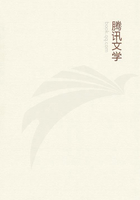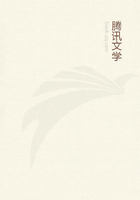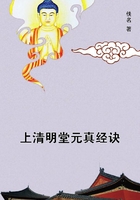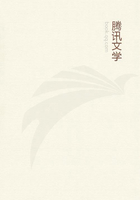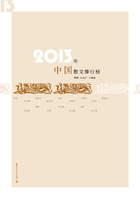The historical works of Machiavelli still remain to be considered. The life of Castruccio Castracani will occupy us for a very short time, and would scarcely have demanded our notice had it not attracted a much greater share of public attention than it deserves. Few books, indeed, could be more interesting than a careful and judicious account, from such a pen, of the illustrious Prince of Lucca, the most eminent of those Italian chiefs, who, like Pisistratus and Gelon, acquired a power felt rather than seen, and resting, not on law or on prescription, but on the public favor and on their great personal qualities. Such a work would exhibit to us the real nature of that species of sovereignty, so singular and so often misunderstood, which the Greeks denominated tyranny, and which, modified in some degree by the feudal system, reappeared in the commonwealths of Lombardy and Tuscany. But this little composition of Machiavelli is in no sense a history. It has no pretensions to fidelity. It is trifle, and not a very successful trifle.
It is scarcely more authentic than the novel of "Belphegor," and is very much duller.
The last great work of this illustrious man was the history of his native city. It was written by command of the Pope, who, as chief of the house of Medici, was at that time sovereign of Florence. The characters of Cosimo, of Piero, and of Lorenzo, are, however, treated with a freedom and impartiality equally honorable to the writer and to the patron. The miseries and humiliations of dependence, the bread which is more bitter than every other food, the stairs which are more painful than every other ascent, has not broken the spirit of Machiavelli. The most corrupting post in a corrupting profession had not depraved the generous heart of Clement.
The history does not appear to be the fruit of much industry or research.
It is unquestionably inaccurate. But it is elegant, lively, and picturesque, beyond any other in the Italian language. The reader, we believe, carries away from it a more vivid and a more faithful impression of the national character and manners than from more correct accounts. The truth is, that the book belongs rather to ancient than to modern literature. It is in the style, not of Davila and Clarendon, but of Herodotus and Tacitus. The classical histories may almost be called romances founded in fact. The relation is, no doubt, in all its principel points, strictly true. But the numerous little incidents which heighten the interest, the words, the gestures, the looks, are evidently furnished by the imagination of the author. The fashion of later times is different.
A more exact narrative is given by the writer.
It may be doubted whether more exact notions are conveyed to the reader.
The best portraits are perhaps those in which there is a slight mixture of caricature, and we are not certain that the best histories are not those in which a little of the exaggeration of fictitious narrative is judiciously employed.
Something is lost in accuracy, but much is gained in effect. The fainter lines are neglected, but the great characteristic features are imprinted on the mind forever.
The history terminates with the death of Lorenzo de' Medici. Machiavelli had, it seems, intended to continue his narrative to a later period. But his death prevented the execution of his design, and the melancholy task of recording the desolation and shame of Italy devolved on Guicciardini.
Machiavelli lived long enough to see the commencement of the last struggle for Florentine liberty. Soon after his death monarchy was finally established, not such a monarchy as that of which Cosimo had laid the foundations deep in the institutions and feelings of his countrymen, and which Lorenzo had embellished with the trophies of every science and every art, but a loathsome tyranny, proud and mean, cruel and feeble, bigoted and lascivious.
The character of Machiavelli was hateful to the new masters of Italy, and those parts of his theory which were in strict accordance with their own daily practice afforded a pretext for blackening his memory. His works were misrepresented by the learned, misconstrued by the ignorant, censured by the Church, abused with all the rancor of simulated virtue by the tools of a base government and the priests of a baser superstition. The name of the man whose genius had illuminated all the dark places of policy, and to whose patriotic wisdom an oppressed people had owed their last chance of emancipation and revenge, passed into a proverb of infamy. For more than two hundred years his bones lay undistinguished. At length an English nobleman paid the last honors to the greatest statesman of Florence.
In the Church of Santa Croce a monument was erected to his memory, which is contemplated with reverence by all who can distinguish the virtues of a great mind through the corruptions of a degenerate age, and which will be approached with still deeper homage when the object to which his public life was devoted shall be attained, when the foreign yoke shall be broken, when a second Procida shall avenge the wrongs of Naples, when a happier Rienzi shall restore the good estate of Rome, when the streets of Florence and Bologna shall again resound with their ancient war cry, "Popolo; popolo; muoiano i tiranni!"10
[Footnote 10: "The people! the people! Death to the tyrants!" - Machiavelli's "History of Florence, " Book III.]

